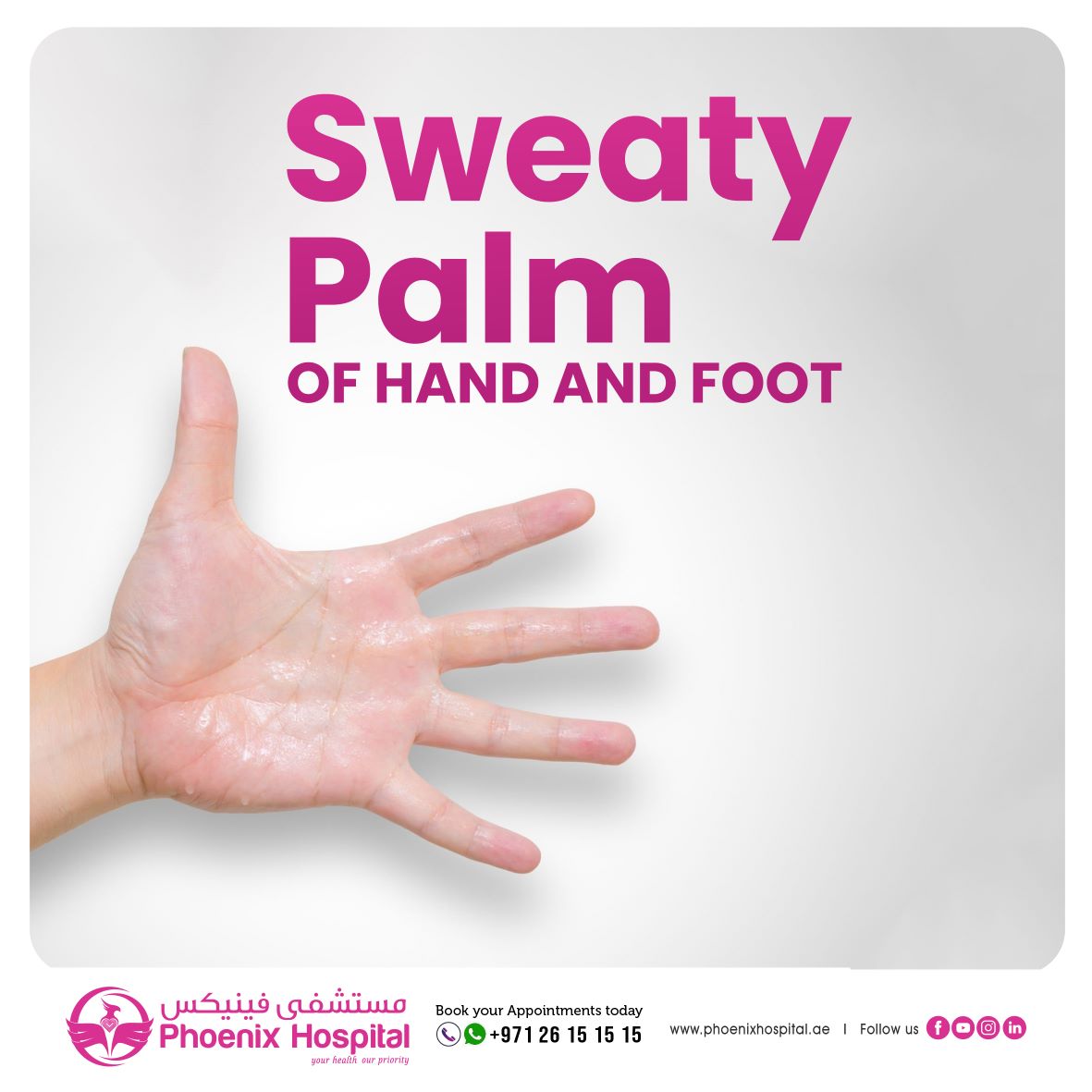Comprehending Excessive Sweating: Dermatology Insights on How to Stop Sweaty Hands
Comprehending Excessive Sweating: Dermatology Insights on How to Stop Sweaty Hands
Blog Article
Recognizing the Source of Excessive Sweating and Its Influence On Day-to-day Live
While it is generally comprehended as a physical action to manage body temperature, the triggers for extreme sweating can differ extensively among individuals, including not only physical variables however mental and likewise psychological elements. By diving right into the root triggers of hyperhidrosis and discovering its complex results, a deeper understanding of this prevalent concern can be acquired, shedding light on the complexities that people grappling with extreme sweating navigate on a daily basis.
Physiology of Sweat Glands
The regulation of sweat production, a vital physiological procedure, is mostly managed by the task of gland dispersed throughout the human body. Gland are classified into two primary types: eccrine and apocrine glands. Eccrine glands are the most many and are found in nearly all locations of the body. They play an important function in thermoregulation by secreting a watery fluid onto the skin's surface area, which vaporizes and helps cool down the body down. In comparison, apocrine glands are concentrated in areas rich in hair follicles, such as the underarms and groin, and their secretions are thicker and milky in look.
When the body temperature increases, either as a result of physical task, heats, or psychological stress, the worried system triggers the gland to produce sweat. This sweat is made up largely of water and electrolytes like sodium and chloride. The procedure of sweat production is necessary for keeping the body's internal temperature within a narrow, optimal array, highlighting the critical duty sweat glands play in human physiology.
Triggers for Excessive Sweating
In comprehending the source of too much sweating, it is important to recognize the triggers that can lead to this physiological feedback. Too much sweating, likewise referred to as hyperhidrosis, can be prompted by numerous elements, both physiological and environmental. One typical trigger is emotional stress or anxiousness, which can stimulate the body's gland to generate more sweat than is needed for cooling. Physical physical effort, high temperature levels, and spicy foods are additionally known to cause too much sweating in people prone to this problem. Specific clinical conditions like hyperthyroidism, menopause, or diabetes mellitus can add to too much sweating as well.
In addition, medicines such as some antidepressants, opioids, and particular supplements can likewise act as triggers for hyperhidrosis. Understanding these triggers is vital in taking care of too much sweating properly - Treatment for hyperhydrosis of hands. By recognizing and dealing with the certain triggers that prompt extreme sweating in an individual, doctor can establish individualized treatment strategies to ease this problem and improve the person's high quality of life
Medical Issue Associated
Connected with too much sweating are numerous medical conditions that can exacerbate this physical reaction. One common problem is hyperhidrosis, a problem defined by extraordinarily increased sweating that goes beyond the body's thermoregulatory requirements. This can materialize in focal locations like the palms, soles, underarms, or face, affecting a person's high quality of life due to social shame and pain.
In addition, endocrine problems such as hyperthyroidism, diabetes mellitus, and menopausal warm flashes can additionally cause extreme sweating. Hyperthyroidism causes an overproduction of thyroid hormonal agents, accelerating metabolic process and activating sweating. Diabetes mellitus can generate sweating episodes, particularly during hypoglycemic episodes when blood sugar level degrees go down too reduced. Menopausal warm flashes, connected to hormone variations throughout menopause, can create sudden and extreme sweating, frequently come with by flushing and heart palpitations.
Furthermore, infections like endocarditis, hiv, and tuberculosis have actually been connected with evening sweats, a typical symptom known to interfere with rest and impact general health. These clinical problems highlight the varied variety of underlying aspects that can add to too much sweating, necessitating extensive evaluation and management by medical care experts.
Mental and emotional Elements

Influence on Social Communications
Excessive sweating can have extensive impacts on an individual's capability to involve comfortably in social communications. The noticeable indications of sweat stains or damp spots on clothes can cause shame and self-consciousness, causing people to take out from social situations. This withdrawal can affect relationships, limitation social activities, and useful link impede individual and expert growth.

Furthermore, the stress and anxiety and self-esteem issues stemming from excessive sweating can affect interaction and interpersonal abilities. Individuals may have a hard time to concentrate on conversations, take part in team tasks, or express themselves confidently. This can bring about feelings of seclusion and loneliness, as social links end up being challenging to preserve.
Final Thought

While it is typically comprehended as a physiological feedback to control body temperature, the triggers for extreme sweating can differ widely among people, incorporating not only physical elements yet psychological and likewise psychological elements. By delving right into the root creates of hyperhidrosis and discovering its diverse results, a deeper understanding of this pervasive issue can be gained, losing read this article light on the intricacies that people grappling with extreme sweating browse on a daily basis.
Physical exertion, high temperatures, and spicy foods are additionally recognized to set off too much sweating in people susceptible to this problem. By identifying and addressing the particular triggers that motivate excessive sweating in a private, medical care providers can create personalized treatment plans to ease this condition and boost the person's high quality of life.
Too much sweating can have profound impacts on an individual's ability to involve pleasantly in social interactions.
Report this page